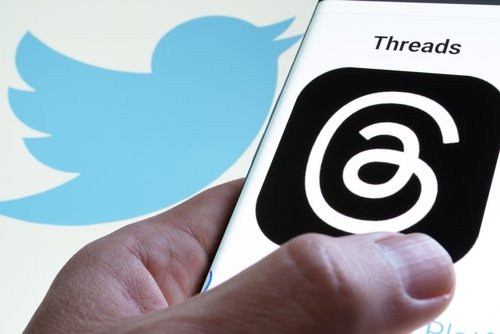Belgium (Brussels Morning Newspaper) After just two days on the market, Meta’s new social media platform, “Threads”, has gained around 30 million users. This fast-paced rise in users is exceptional. Most platforms take years to reach the million mark. It is therefore no surprise that jealousy has resulted.
Threads is advertised as a friendlier alternative to Twitter. If this promise can be delivered, this would be a huge selling point: the latter is considered one of the most unhinged and “toxic” platforms out there.
With comparisons drawn, claims of copying and dishonesty almost always follow. Twitter’s owner, Elon Musk has accused Meta of “cheating”. These claims were not based on thieving on the overarching idea behind Twitter: using short message threads to discuss specific topics. Loose ideas are famously very hard to protect under copyright law.
Instead, they were based on the theft of code. Twitter’s lawyers accused Meta of hiring numerous ex-twitter employees, some of which worked on Twitter’s code, and building Threads using their insight. Meta has so far denied such claims.
Code and copyright law have long had a tenuous relationship. Under US law, code is considered literary work. The consequences of copying parts of a sequence would be similar to stealing a quote from a book and portraying it as your own: it is likely considered intellectual theft. In fact, code is a source of property that is immediately registered under US law, without the need for an application.
But the coding community is usually quite chilled out about “borrowing”. Coding is very time-consuming. Computer nerds like to differentiate themselves from selfish lawyers, motivated by money. The approach is therefore often to make code public in the prospect of helping out the “brotherhood”.
Such an approach is, however, unrealistic when billions of dollars could be on the line. Here, it is likely there will be a brutal legal battle between the two social media giants.
So far Meta has taken a very provocative approach. Mark Zuckerberg, the head, posted a meme about the similarities between the two apps. Musk has taken to Twitter and posted his familiar no-filter posts, making direct accusations. It seems like neither side will be holding their punches.




